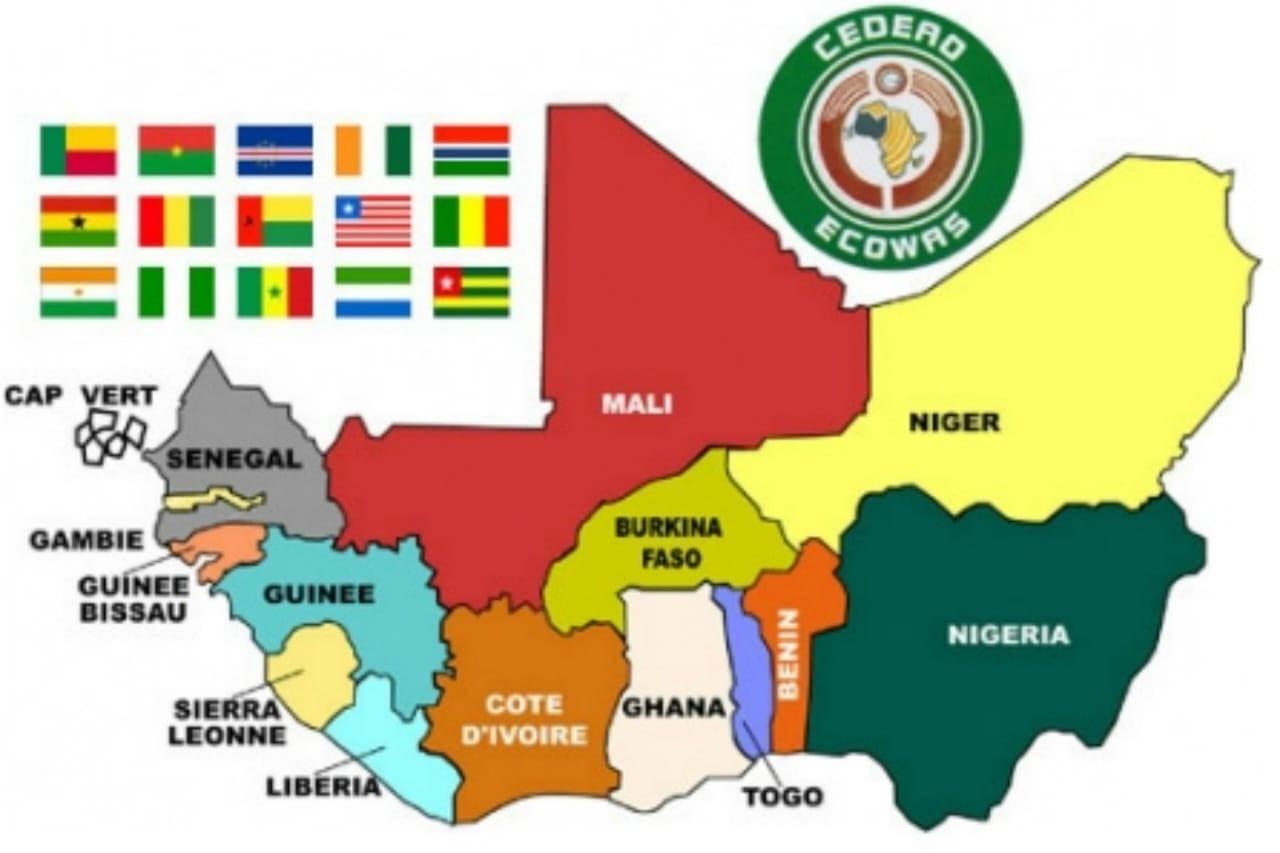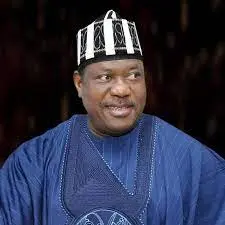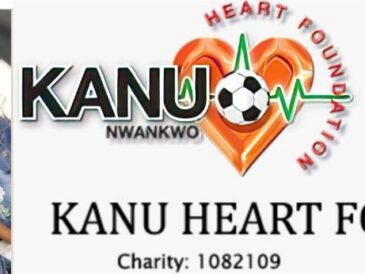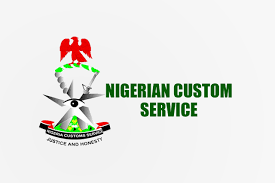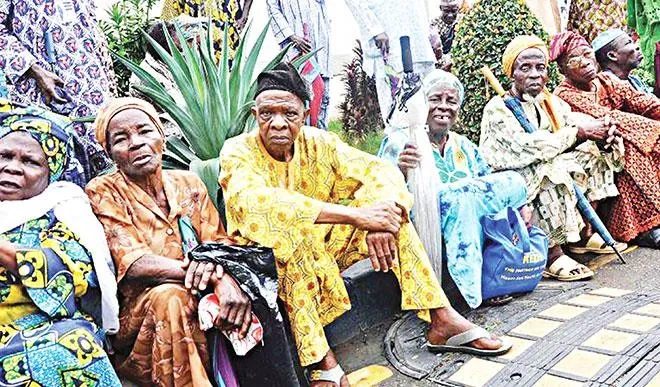By Paul Ejime
Abuja, May 29, 2024 – At 49, the Economic Community of West African States (ECOWAS) should be celebrating based on its past achievements as the foremost among Africa’s eight Regional Economic Community (RECs).
However, the 15-nation regional economic bloc, once acclaimed as a trailblazer, is now fighting for survival and under serious threat of disintegration.
Since its establishment on May 28,1975, through the Treaty of Lagos, only Mauritania has pulled out of ECOWAS (in 2000), but is now seeking re-admission, while other countries, even outside the region, are also applying to join.
However, rather than building on its solid foundation, things seem to be falling apart for ECOWAS. Four of its member States – Guinea, Mali, Burkina Faso, and Niger, are under military rule, while the last three have served notice of their intention to withdraw from the regional organization, altogether.
Granted the times and circumstances are different between 1975 and the ecosystem/dynamics of the World today.
There have been life-changing geopolitical and strategic shifts, characterized by emerging threats such as terrorism, violent extremism, economic recession, global pandemics, flaws of experimentation of democracy, environmental changes, high rates of unemployment, youth bulge, and technological advancements, particularly the invasion of social media, dis/misinformation, and fake news.
But effective performance under challenging circumstances is what sets individuals and organisations apart.
At a time when ECOWAS is expected to demonstrate visionary and dynamic leadership, it has been found wanting.
Ironically, the leadership deficit has been most pronounced in the peace and security, conflict prevention, management, and resolution domain, where ECOWAS had been most effective.
Whether by default or experimentation, ECOWAS leaders, mostly military officers at that time, could fashion effective tools such as the *ECOWAS Ceasefire Monitoring Group (ECOMOG)* created in 1990 that facilitated the end of the civil wars in Liberia and Sierra Leone.
The strict application of regional instruments, such as the Authority’s Declaration on Political Principles in 1991, the *ECOWAS Revised Treaty of 1993,* the *1999 Protocol relating to the Mechanism for Conflict Prevention, Management, Resolution, Peacekeeping and Security (or The Mechanism), and the Supplementary Protocol on Democracy and Good Governance adopted in 2001 as an integral part of The Mechanism, guided the construction of regional peace and security architecture.
The 1999 instrument inspired the adoption of a similar Mechanism by the African Union several years later.
Also, apart from an Early Warning System, which facilitated collaboration with state and non-state actors and civil society to monitor and report threats to peace and security in the region, ECOWAS utilized its Mediation and Security Council* and the Council of the Elders/Wise as additional tools for conflict prevention, mediation, and resolution towards consolidating peace and security.
The Supplementary Protocol on Democracy and Good Governance set minimum constitutional convergence criteria for ECOWAS membership based on shared values of democracy and free market, separation of powers, popular participation, the democratic control of the armed forces, guarantees of fundamental freedoms, and especially zero tolerance for power obtained or maintained by unconstitutional means.
The ECOWAS Conflict Prevention Framework (ECPF), adopted in 2008, and the Monrovia Declaration of 2010, are other instruments adopted to strengthen the ECOWAS peace and security architecture, with emphasis on preventive diplomacy and proactive mediation responses.
The organization has used a combination of the above-named instruments to resolve conflicts in member States including in Cote d’Ivoire, Mali, Niger, Guinea Bissau, and The Gambia.
The applied measures included suspension, imposition of sanctions on erring member States or the refusal to send observers to Gambia’s 2011 presidential election, for lack of transparency under the regime of then-President Yahya Jammeh’s regime, now exiled in Equatorial Guinea.
However, the political will and/or capacity to make tough decisions based on principles are now lacking at the national and regional levels of ECOWAS leadership.
Political leaders/heads of State have hijacked control of ECOWAS institutions, particularly the Commission, thereby rendering the overstretched and capacity-challenged technocrats ineffective.
Critics now see ECOWAS more as a “toothless organization,” where political leaders hold sway for their selfish interests, including by unilaterally changing their countries’ constitutions and electoral laws, rigging elections, suppressing opposition, and trampling on citizens’ human rights in clear violation of ECOWAS texts and instruments with impunity and without consequences.
Meanwhile, the same leaders only become powerful in the condemnation and imposition of sanctions whenever the military seizes power from civilians.
The military juntas in Mali, Burkina Faso and Niger cite this inconsistency by ECOWAS leaders as one of the reasons for their decision to pull out of the Organization.
Even so, military rule is not the solution to the myriad problems facing ECOWAS member states. If anything, the disposition of the juntas, especially their political transition programmes, may have revealed their real intentions, as opportunistic power grabbers on tenure elongation adventure, the same allegations they levelled against the civilian leaders.
The global decline in multilateralism, compounded by the geopolitical games being played by the superpowers, reminiscent of the Cold War era, is also present in the ECOWAS and Sahel region.
Centuries of imperialism and exploitation of Africa, especially by France in its former colonies, have combined with corruption and mismanagement by post-independence leaders to unleash poverty, inhumane conditions, deprivation, and bad governance on the long-suffering citizens.
The anti-French sentiment expressed by the population in the Francophone countries is justified, but with the long periods of transition and a provision that junta leaders are eligible to participate in the post-transition elections in respective countries, the soldiers would appear to be riding on the wave of sentiment and a false sense of popularity to want to perpetuate themselves in power.
Similarly, while sovereign States reserve the right to choose their bilateral partners, the juntas in Mali, Guinea, Burkina Faso, and Niger, are not helping their case by replacing one foreign power with another, and at the same time accusing ECOWAS of being tele-guided by external powers.
ECOWAS faces existential threats due to acts of omission/commission by its leaders. Even so, the community of an estimated 400 million people can only achieve more in unity.
Dr Omar Alieu Touray, President of the ECOWAS Commission, acknowledged this much in his message to mark ECOWAS’ 49th Anniversary.
“As we celebrate our 49th anniversary, insecurity continues to threaten our region. Some of our member States are battling terrorist groups on a daily basis, and a large number of our population faces displacement and food insecurity,” he said.
In the two-and-half-page message, where “unity” or “united” is mentioned seven times, Touray said: “It is clear that we must stay united if we want to be successful in the fight against insecurity. But it is our unity which now stands threatened.”
Quoting Nigeria’s former Head of State, Gen. Yakubu Gowon, one of the founding fathers of ECOWAS, the Commission President said: “Neither the generation of our founding fathers, ‘nor the present or future generations can understand or will be forgiving for the breakup of our community.’”
In an interview that coincided with the ECOWAS anniversary, Ambassador Abdel-Fatau Musah, the Commissioner for Political Affairs, Peace, and Security, quoting data from a survey by a non-profit *Afrobarometer* group, noted that despite the military incursions, and the weaknesses in the democratic practices, ECOWAS Community citizens were still positively disposed toward democracy.
While Liberia and Senegal have shown some prospects following their recent transparent elections and successful transfer of power from sitting governments to the opposition, Togo has thrown up another challenge with its divisive and controversial legislative vote held under dubious constitutional changes in clear violation of the ECOWAS protocol.
Other potential crisis points could be Guinea Bissau and Sierra Leone, with lingering post-election rumblings, and then the Gambia, Cote d’Ivoire, and Ghana with forthcoming elections.
ECOWAS can still redeem itself. But it is all down to the courage in upholding its standard, the sincerity of regional leaders to stop corruption, respect national constitutions and the rule of law, stop rigging elections and providing citizens with the benefits of good governance. (GBN)
Ejime is a Global Affairs Analyst and Consultant on Peace & Security and Governance Communication

